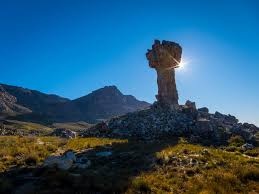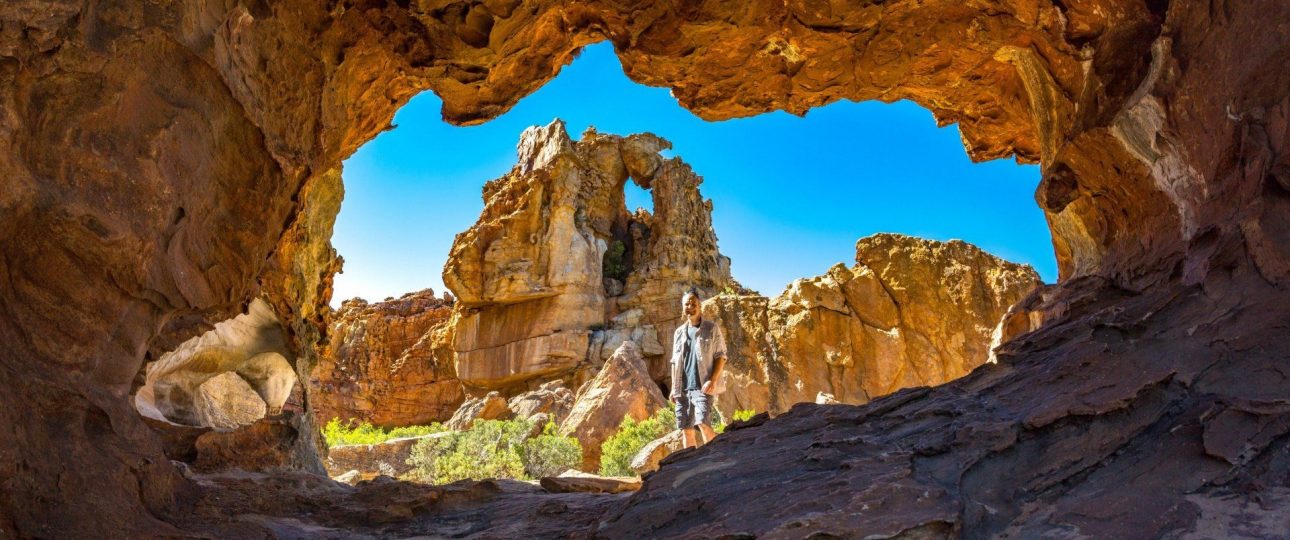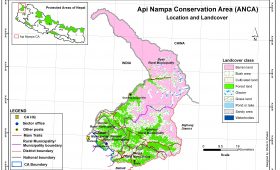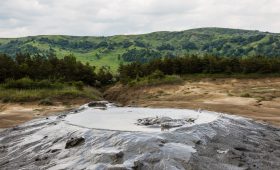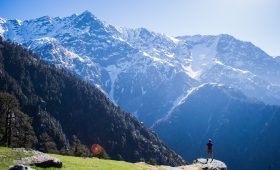Exploring the Cederberg Wilderness Area
The Cederberg Wilderness Area in South Africa’s Western Cape province is a destination that offers a unique blend of natural beauty and cultural history. Known for its dramatic sandstone rock formations and ancient cave paintings, this area provides a fascinating glimpse into both the geological and human past. Here’s a detailed guide based on my visit, filled with practical tips and insights.
Getting There
To reach the Cederberg Wilderness Area, the most convenient starting point is Cape Town. From Cape Town International Airport, rent a car for the 2.5 to 3-hour drive. The journey takes you along the N7 highway, a scenic route that sets the stage for the natural wonders ahead. Public transportation options are limited, so having your own vehicle is essential for exploring the area.
Accommodation and Check-In
There are several accommodation options within the Cederberg Wilderness Area. I stayed at Cape Nature’s Algeria site, which offers modern, comfortable cottages. Check-in times are strictly between 2:00 PM and 4:00 PM, so plan your arrival accordingly. The reception is open from 7:30 AM to 7:00 PM during the warmer months (September to April) and until 6:00 PM in the cooler months (May to August). It’s crucial to report to reception upon arrival.
For a more rustic experience, consider staying at the Kliphuis campsite, located about 280 km from Cape Town. The office hours here are from 7:30 AM to 4:00 PM, Monday to Friday, with reception open daily during the same hours. Again, check-in is between 2:00 PM and 4:00 PM.
Activities and Highlights
Sevilla Rock Art Trail
The Sevilla Rock Art Trail is a must for history enthusiasts. However, be aware that obtaining permits can be tricky. When I visited on January 1st, the Farm Stall was closed, and it took some time to locate the right person for permits. It’s advisable to plan ahead and confirm permit availability. Despite the initial confusion, the trail was rewarding, featuring nine rock art sites over a 5 km hike. We completed it in about two hours, enjoying the solitude and stunning scenery.
Hiking Adventures
The Cederberg is renowned for its hiking trails. In January, the heat can be intense, so shorter hikes are recommended. The 7 km round-trip hike to Algeria Waterfall was a highlight, offering a refreshing pool at the top. For those visiting in cooler months, the Wolfberg Arch and Maltese Cross hikes are highly recommended.
Flora and Fauna
The region is home to unique plant and animal species, including the rare Clanwilliam cedar and the elusive Cape Leopard. During my visit, I was fortunate to encounter a herd of about 50 elands, a memorable wildlife experience.
Best Time to Visit
The ideal time to explore the Cederberg Wilderness Area is during spring (September to November) and autumn (March to May). These seasons offer mild temperatures and vibrant wildflowers, making it perfect for hiking and outdoor activities.
Final Thoughts
The Cederberg Wilderness Area is a captivating destination that combines natural beauty with cultural history. While some logistical challenges exist, such as obtaining permits and navigating the area, the experience is well worth the effort.
